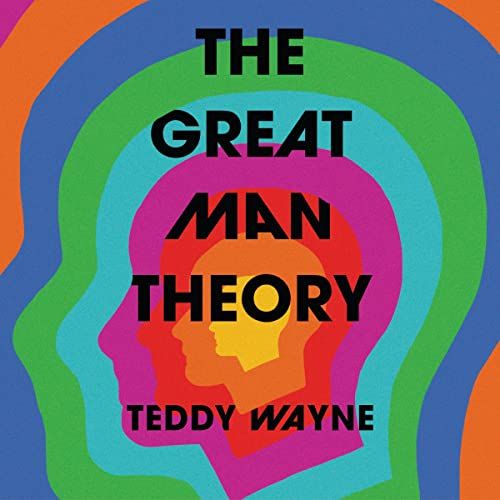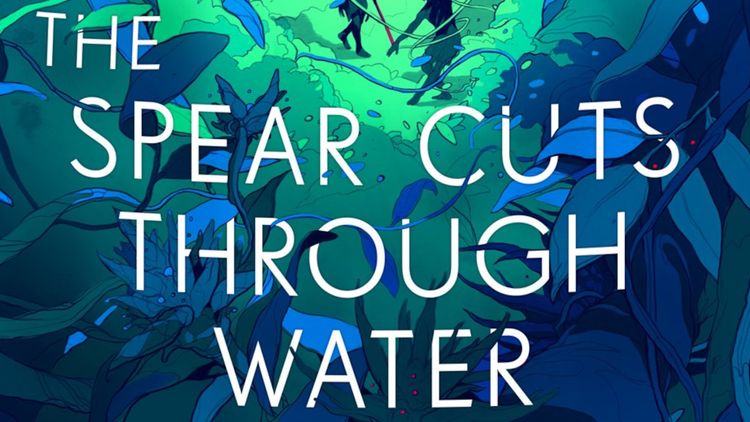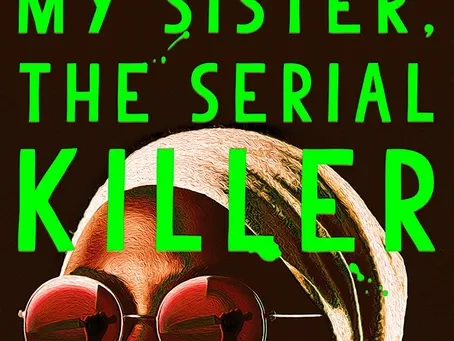Trust by Hernan Diaz

Hernan Diaz's latest novel “Trust” , unlike the dizzying skyscraper on its cover, is a literary novel that digs downwards and inwards, not so much striving for the heavens as it plumbs the depths. It is a novel that is intricately layered, with overlapping truths and lies about the world of finance and industry, and the fabrications that uphold that universe.
The novel’s plot is ostensibly about the life of 1920s financier Andrew Bevell and his wife Mildred Bevel, whose rise and fall captured the nation. What makes the novel so remarkable is its formal experimentations in voice and perspective.
The novel is split into four parts: First is the novella “Bonds” by Harold Vanner, a novel within this novel, that dramatizes the life of the Bevels; then there’s Andrew’s riposte, his attempt at correcting the novella through the unfinished autobiography, “My Life”; following that is the account of Andrew’s ghost writer, Ida Partenza, now a successful writer in her own right, recalling her time with Andrew in “A Memoir, Remembered”. Closing the novel is the shortest section, “Futures”, the world through Mildred Bevel’s eyes, maligned by “Bonds,” misconstrued by “My Life,” and eventually excavated through “A Memoir, Remembered”.
Each of these four parts is told in stunningly different voices, with each ‘writer’ possessing their own sense of style. There is something akin to Akira Kurosawa’s ‘Rashomon’, as we encounter the same events from different eyes. Diaz takes it one step further, showing how each person not only remembers but presents their memories differently, through their voice and through form. Within sections, we shift between diary entries to epistolaries to prose poems to notes in the margins. A staggering moment in one person’s life is a blip in another’s. A massive victory to one person is a footnote to another. And with each account, we veer nearer and nearer to the actual events as they had transpired.
The multiple voices and truths keep the reader on their toes, with “Trust” acting almost as a murder mystery, albeit without a murder. The reader has to flip back and forth to assemble the narrative, not because it is so convoluted, but because it is a joy to make a new discovery as the story unfolds. I found myself gasping at the pages, probably to the confusion of my fellow CTA passengers, when I uncovered something that altered my whole understanding of the Bevels. Diaz has crafted a puzzle of Wall Street proportions that is well worth putting together.
The variation of styles keeps the novel fresh, though that can also be to its detriment. In a traditional novel with a single narrator, we grow invested in characters as we come to know them better. In “Trust” with its four authors, the reader is constantly refreshing, as we learn more about the Bevels and other characters. These facts often contradict, which can disorient readers though that is precisely the intention. And like the overall novel invokes the mystery genre, different sections invoke past authors, with one section reading like Henry James, another like Virginia Woolf.
On the one hand, the shift between authors imbues freshness at the start of each section as we try to understand our new writer and their biases. But at the same time, it also can feel like the novel loses momentum when a new section starts, with some of the inertia of the prior section lost along the way. This was most noticeable for me in the third section, which required more time for me to reinvest. Ultimately, “A Memoir, Remembered” became my favorite of the four sections, with its writer having the most personality on the page, but I still want to acknowledge the initial deceleration.
What brings “Trust” above being merely a formal experiment is how that form furthers the novel’s themes. Trust works both ways. Do we trust what we are reading? Do characters trust each other, or the prior accounts? How can we trust that what we are reading is not a bent reality refurbished to suit the needs of those in power? Each of these questions are furthered by the individual sections’ forms and by the end of the book, we are left to decide who we trust most.
"Trust" is an enthralling novel about money, truth, and power. These ideas are inextricable in each account, though each writer has a different perception of how the concepts rotate around one another on Wall Street. It’s an incredible project that makes clear what type of people are welcomed into history, and what type of people are consistently excluded. It’s one thing to say that the victors write history, but this book challenges that adage. It is not simply the writing of history that matters. It is the printing, the publishing, the circulation, where the victors decide our truths. Any history before that is made up of words. Anyone can write those words. They may not be read widely, or at all, but those words still exist. All they need is for someone to find them.



